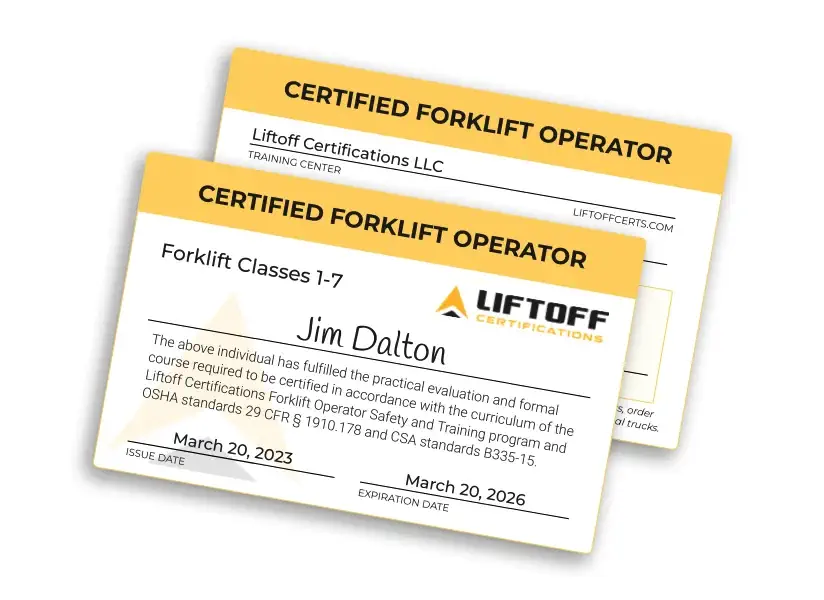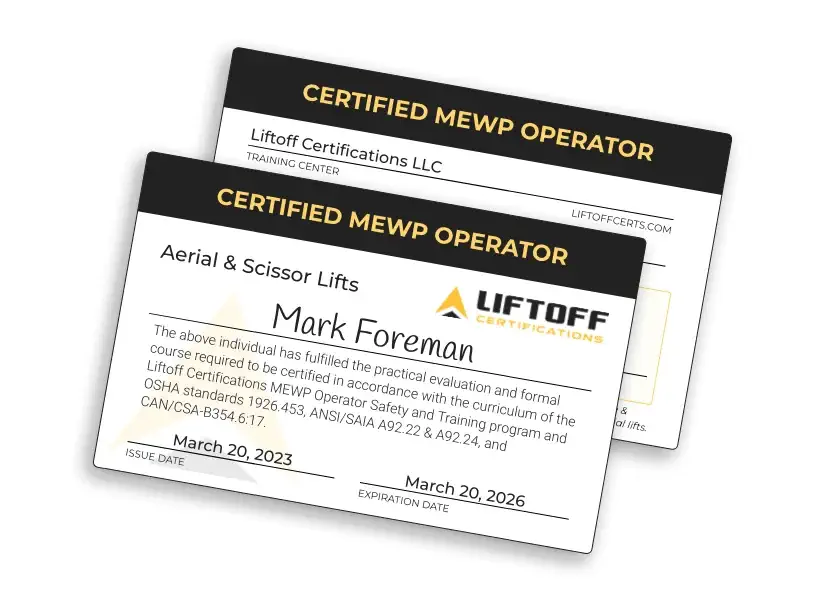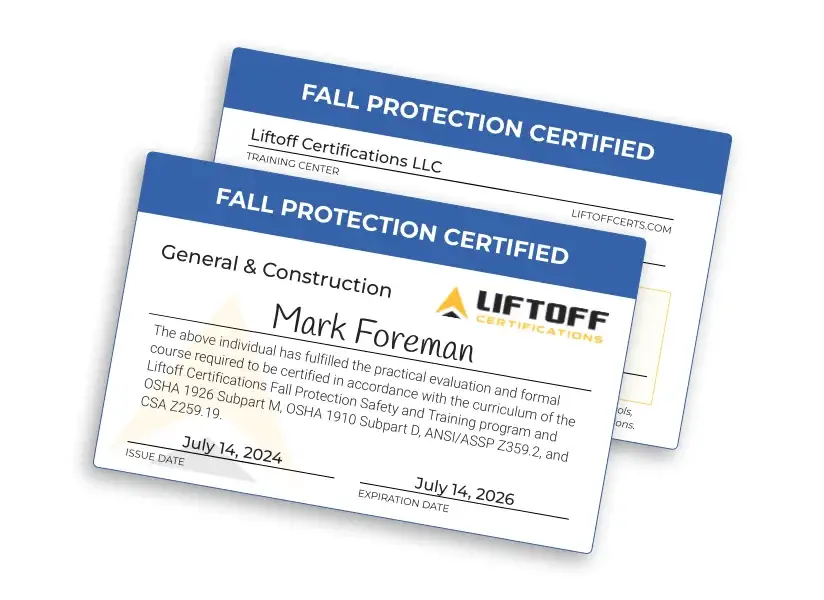Pros & Cons of Stand-up Forklifts, Sit Down Forklifts and Pallet Jacks
The first iteration of a forklift was developed in 1923 when a company added “forks” to a truck to help pick up and move heavy objects. Forklifts have come a long way since then. Depending on the location, type of materials being used or how long it’s used for will all impact what type of forklift best suits your needs.
Not only that, but it’s important for forklift operators to receive a forklift certificate so that they can learn the proper way to operate, drive and maintain a forklift. We’re going to explore the pros and cons of three main types of forklifts and in what situations they’re most beneficial.
Pros and Cons of the Three Main Types of Forklifts
Sit Down Forklifts
Sit down forklifts tend to be faster and have a higher capacity than other types of forklifts. This makes it great for larger distribution or warehouse centers where operators are moving large amounts of materials across longer distances.
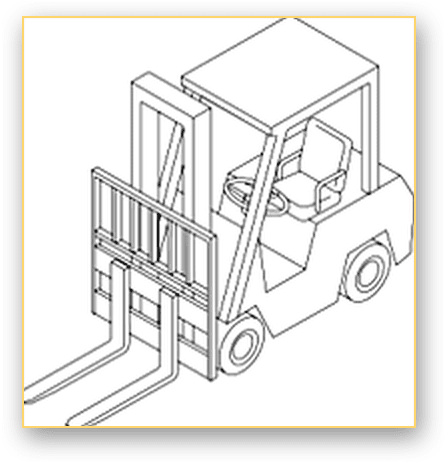
Pros:
- Faster driving and operational speeds
- Increased safety due to seat belts
- More comfortable for the operator
Cons:
- High upfront and ongoing cost
- More time to get in and out of due to seat belt
- Limited visibility due to being seated
- Operator may be less alert than when standing
- Harder to use and navigate in tight spaces
Stand-up Forklifts
Stand-up forklifts are also sometimes known as stand-on or electric riders. This type of forklift is great for maneuvering smaller spaces because it’s shorter and more narrow than the traditional sit down forklifts. It’s also great for instances where the operator will need to get on and off frequently, and unique due to the fact that the operator faces sideways rather than head-on while driving.
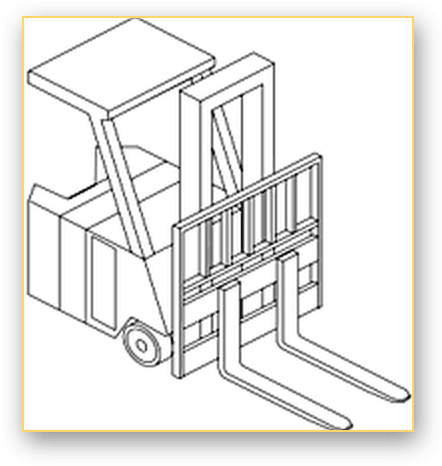
Pros:
- Shorter and more narrow
- Quickly get in and out of the forklift
- Better turning radius
- Most have automatic brakes when stopped
Cons:
- Higher upfront and ongoing cost
- Less comfortable for operator
- Unique joystick driving method
- No seatbelt due to standing posture
Pallet Jacks
Pallet jacks are used as an alternative to forklifts for small loads that need to be moved shorter distances. There are both manual and electric options available depending on how frequently they’re used.
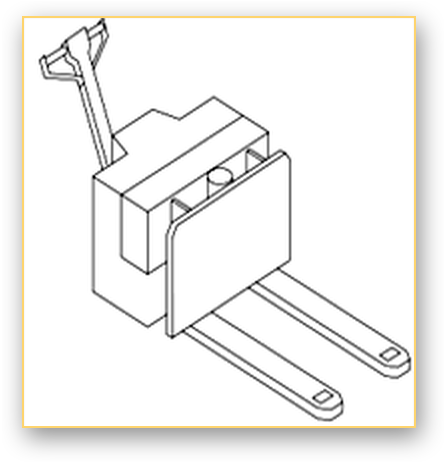
Pros:
- Easier to operate than forklifts
- More affordable option compared to forklifts
- Easier to navigate in smaller areas
- Lower maintenance costs
Cons:
- Limited lift height
- Slower productivity
- Indoor only
- Higher chances of injury due to manual labor component
What Type of Forklift Training Covers These Forklifts?
When exploring the options available to complete your OSHA forklift certification, it’s important to make sure that the course covers these types of forklifts as well as the other primary classes of forklifts. The seven classes of forklifts are:
Class 1: Electric Motor Rider Trucks
Class 2: Electric Motor Narrow Aisle Trucks
Class 3: Electric Motor Hand Trucks or Hand/Rider Trucks
Class 4: Internal Combustion Engine Trucks (Solid/Cushion Tires)
Class 5: Internal Combustion Engine Trucks (Pneumatic Tires)
Class 6: Electric and Internal Combustion Engine Tractors
Class 7: Rough Terrain Forklift Trucks
Not all forklift certificates are created equal. It’s important to research the training and certification to ensure it covers the type of forklifts you’ll be operating. In some cases, it may be necessary to take specialty courses if those are required for your job. When getting started or if you’re looking for a job, getting a forklift certificate that covers classes one through seven is a great place to start.
Get Forklift, MEWP & Fall Protection Certified Today with Liftoff Certifications
Liftoff Certifications offers some of the industry’s most affordable Forklift Operator, MEWP (Boom & Scissor Lift) Operator, and Fall Protection Certification and Recertification courses and is the gold standard for online OSHA training.
If you are ready to give an online forklift certification or recertification a try, get signed up today for our OSHA Forklift Operator Training.
For our MEWP (Boom & Scissor Lift) training, get signed up today for the OSHA MEWP Operator Training.
And for Fall Protection, get registered for by clicking here for the OSHA Fall Protection Training.
We’ve got you covered with a 100% money back guarantee and we guarantee national acceptance of our OSHA certification.
